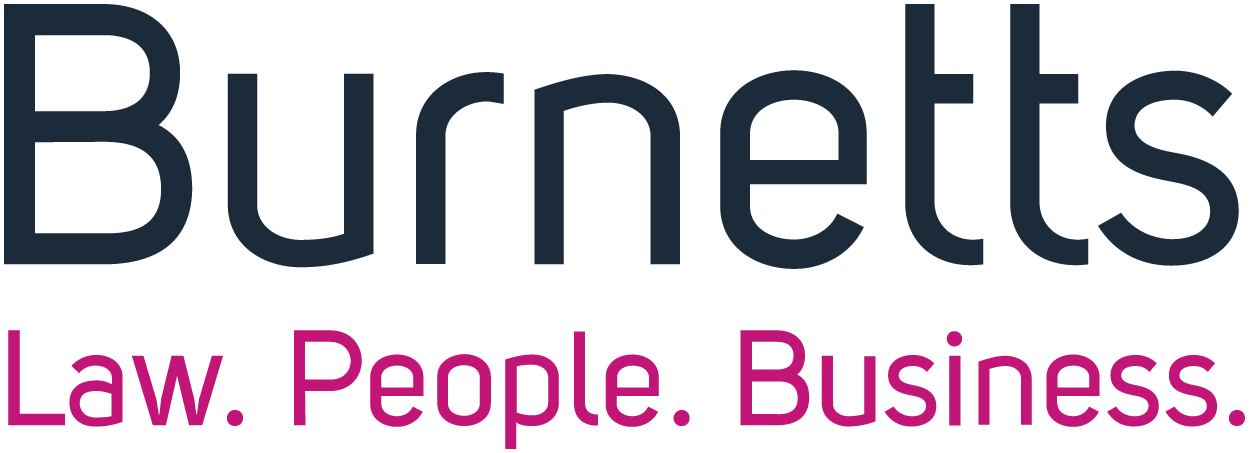We've lost that page
Well, this is embarrassing. However, we can't find the page you are looking for. It is possible that the website address has changed or that the page has been deleted. Please use the link below to return to the home page.
Well, this is embarrassing. However, we can't find the page you are looking for. It is possible that the website address has changed or that the page has been deleted. Please use the link below to return to the home page.
